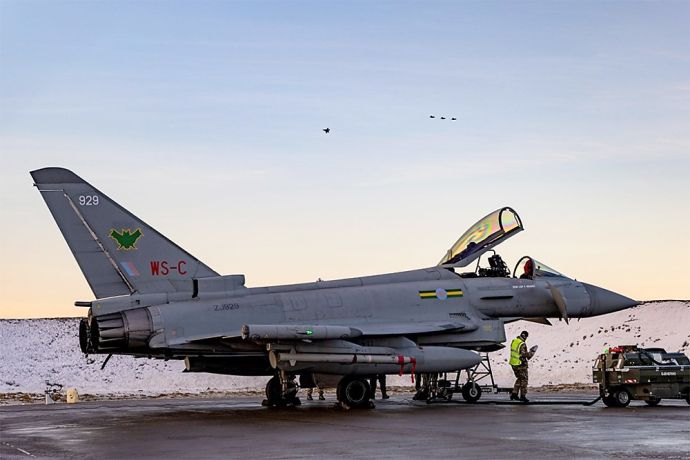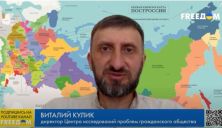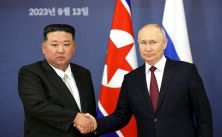The Royal Air Force of the United Kingdom has initiated military training for survival and cooperation under NATO in Norway, where temperatures plummet to -20 °C. This was announced by the Joint Command of NATO’s Air Forces.
“Understanding the challenges associated with operating in the Far North is crucial for successfully supporting our personnel and assets in these conditions,” emphasized the press release.
During the training, the British Armed Forces will assess their adaptability in combat situations, specifically survival during hostile attacks, deployment and dispersion of forces in different locations, and the ability to operate in extreme conditions.
In the initial phase of the training, artillery personnel, tactical communicators, medics, chefs, drivers, and engineers of the Royal Air Force arrived at Bardufoss Aviation Station to undergo survival training alongside their Norwegian counterparts.
Subsequently, British RAF Typhoon fighters relocated south to Orland Aviation Station for joint exercises with F-35A aircraft from the Royal Norwegian Air Force. The primary objective of these exercises is to enhance the capability of fighters to collaborate in challenging conditions and conduct a series of drills for providing aviation support and practicing aerial cover for ground forces.
Upon completion of the first phase of training, personnel and equipment of the British Armed Forces will continue endurance testing over the following week. The A400M Atlas transport aircraft will be deployed to support the training series.
During these activities, procedures for aeromedical evacuation will be assessed, the capabilities of force and asset protection will be verified, an advanced air refueling point will be established, and training flights will be conducted jointly with Typhoon fighters.
It is worth noting that from December 4 to 5, Finland, the United Kingdom, and Estonia are conducting exercises in the Baltic Sea focused on monitoring and protecting underwater infrastructure, as well as countering military threats from submarines. These exercises are part of a broader strategy to strengthen surveillance and presence in the Baltic Sea region, in accordance with the decision of the Joint Expeditionary Forces (JEF), a coalition of ten Northern European states led by the United Kingdom.













